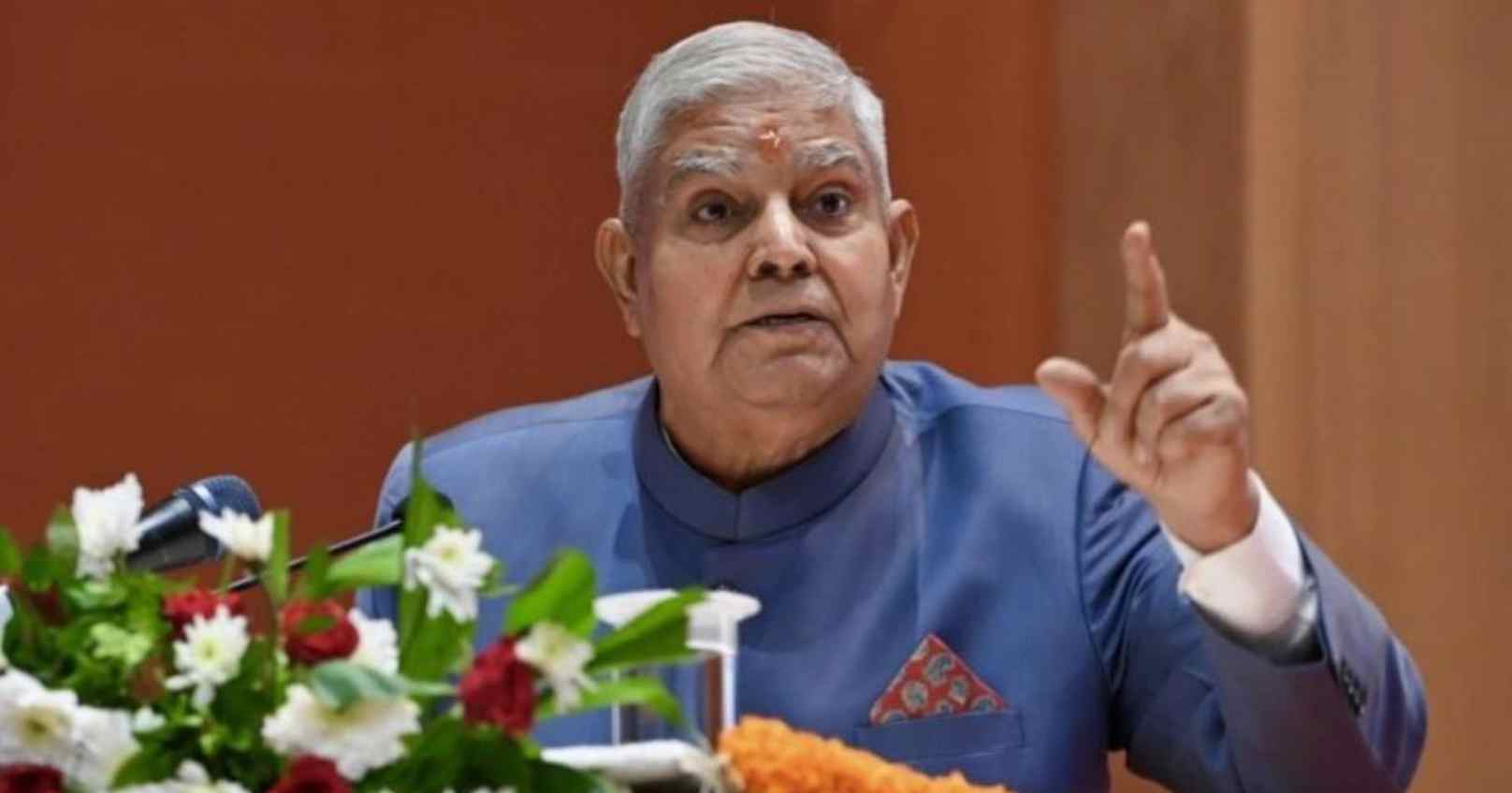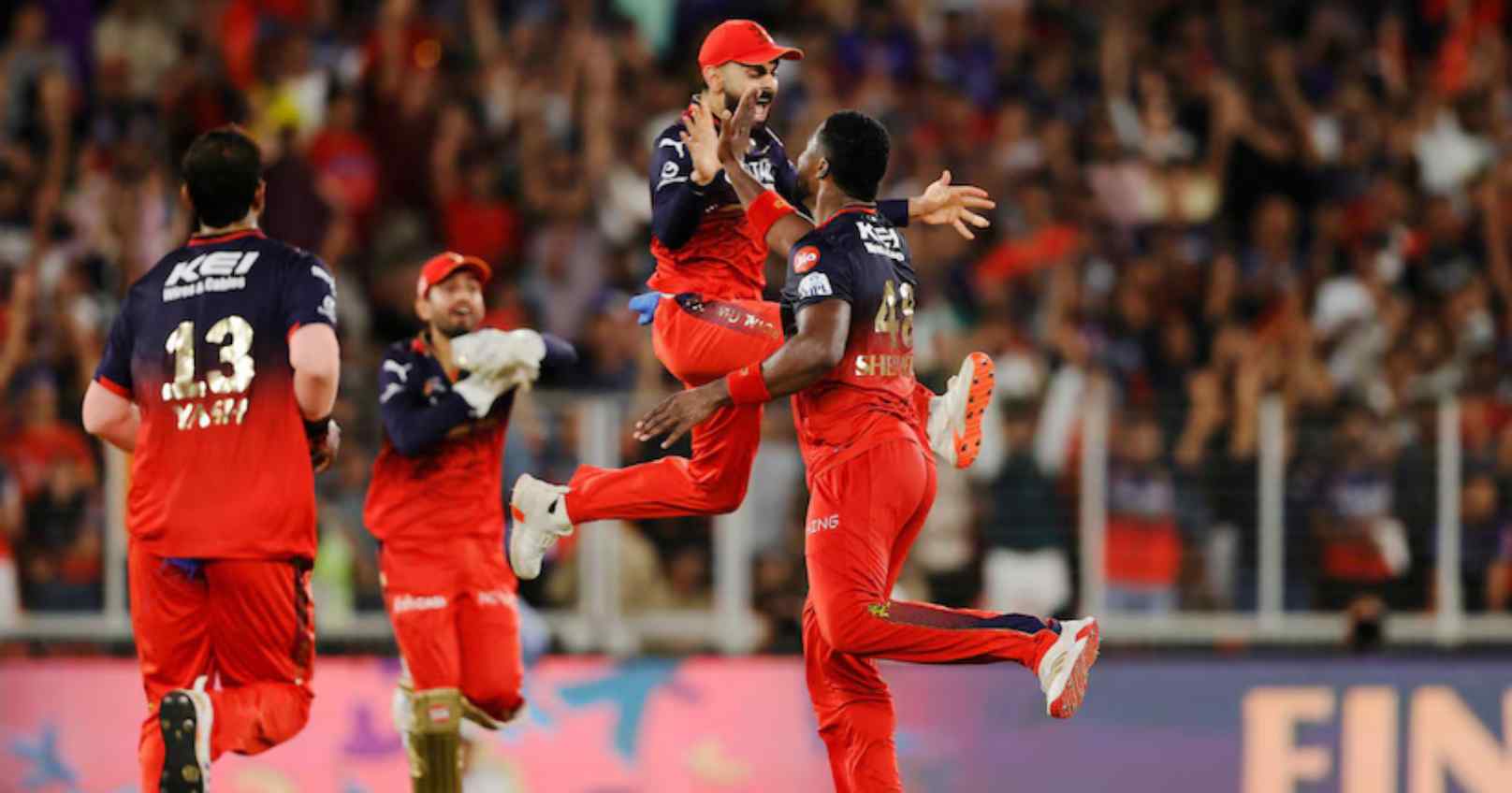Vice President Jagdeep Dhankhar issued a stern warning to the nation about the activities of "anti-national forces" attempting to create a narrative that India might face a fate similar to the recent events in Bangladesh, where the Prime Minister was ousted following a mass uprising.
Speaking at the platinum jubilee celebrations of the Rajasthan High Court in Jodhpur on Saturday, Dhankhar refrained from naming individuals directly but expressed his concern over how some people hastily draw comparisons between India's political landscape and that of neighboring countries, calling such views misguided.
"Be vigilant! It is deeply concerning that some are attempting to foster a narrative that what transpired in our neighboring country is bound to happen in Bharat," Dhankhar stated.
He further criticized those who, despite having held significant positions in the country, quickly likened India's situation to the turmoil in Bangladesh. "How can a citizen of this country, who has served as a Member of Parliament, and another who has extensive experience in the Foreign Service, so swiftly declare that what happened in our neighborhood will happen in India?" he questioned.
These remarks were widely interpreted as a direct response to statements made by Congress leaders Salman Khurshid and Mani Shankar Aiyar, who had drawn parallels between the political situations in India and Bangladesh. Khurshid had suggested that despite the apparent stability in India, events similar to those in Bangladesh could occur. Aiyar, a former diplomat and Union Minister, had echoed similar sentiments.
Vice President Dhankhar also emphasized the paramount importance of national interest, declaring that it cannot be compromised. "National interest is of the utmost priority, it is the supreme precedence, and our commitment is to put the nation first, above all else," he asserted.
Dhankhar's comments come amid ongoing political turmoil in Bangladesh, where former Prime Minister Sheikh Hasina, dubbed the ‘Iron Lady,’ resigned and fled the country in the face of violent, student-led protests. An interim government headed by Nobel laureate Muhammad Yunus has since taken over, focusing on restoring "law and order" after clashes between protesters and Hasina’s supporters resulted in hundreds of deaths.
The Vice President also reflected on the Emergency period imposed in June 1975 by then-Prime Minister Indira Gandhi, describing it as "the darkest, most draconian period" since India's Independence. He expressed concern that during this time, even the judiciary, usually a "formidable citadel of basic rights," succumbed to the "brazen dictatorial regime."







